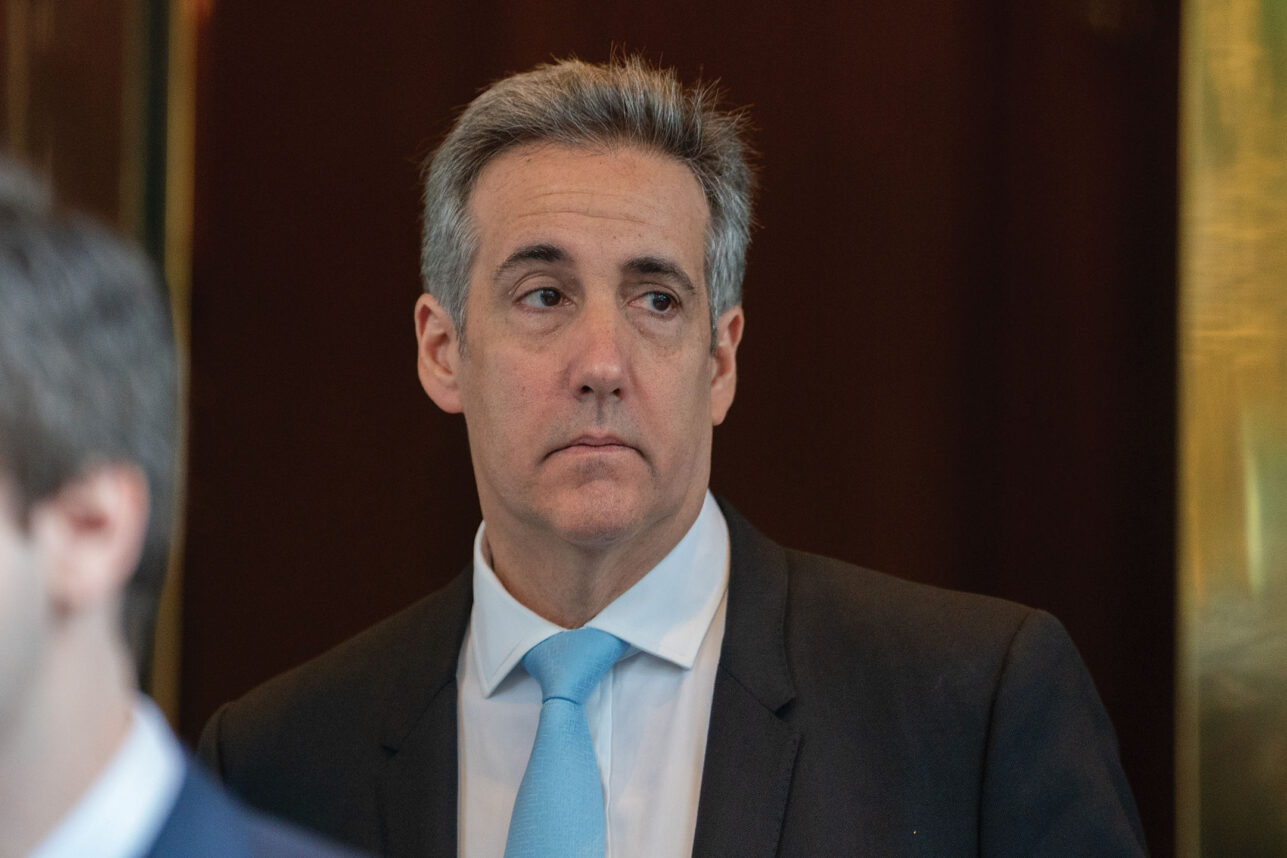U.S. Secretary of State John Kerry quietly cautioned Israel not to undercut Iran nuclear negotiations that resume on Monday as Israeli Prime Minister Benjamin Netanyahu prepared to make the case against his diplomacy before the U.S. Congress.
Kerry and Iranian Foreign Minister Mohammad Javad Zarif were to meet in the Swiss lakeside town of Montreux for up to three days of negotiations about restraining the Iranian nuclear program in exchange for relief from economic sanctions.
Both sides postured and suggested that the other would be to blame if the talks fail to meet an end-March deadline, for a framework agreement, with Kerry saying Iran must be prepared to compromise and Zarif calling for the total lifting of sanctions imposed on the Islamic Republic as part of any final deal.
Speaking to reporters in Geneva, Kerry struck a delicate balance between defending Israel before the U.N. Human Rights Council, which Washington has long accused of anti-Israel bias, and also suggesting the Israelis not undermine the diplomacy.
“We are concerned by reports that suggest selective details of the ongoing negotiations will be discussed publicly in the coming days,” he said, apparently alluding to Netanyahu's planned Tuesday speech to U.S. lawmakers.
“Doing so would make it more difficult to reach the goal that Israel and others say they share in order to get to a good deal,” Kerry said. “Israel’s security is absolutely at the forefront of all of our minds, but frankly so is the security of all of the other countries in the region. So is our security.”
Netanyahu says he fears U.S. President Barack Obama's
Iran diplomacy could allow Israel's arch Middle East adversary to develop atomic weapons. Obama administration officials, fuming over Netanyahu's intervention before Congress, rule out such an outcome from any negotiated settlement.
Washington and some allies notably Israel suspect Iran has used its civilian nuclear program as a cover to develop a nuclear weapons capability. Iran denies this, saying its program is for peaceful purposes such as generating electricity.
In traveling this week to Switzerland, Saudi Arabia and Britain, Kerry will avoid being in Washington when Netanyahu is expected to deliver a scathing criticism of the emerging nuclear deal to Congress.
His main objective is to warn U.S. lawmakers about the risks of a deal with Iran and to keep alive the possibility of the Congress passing further sanctions, a step critics say could scuttle the negotiations and raise the risk of war.
In a speech to the powerful pro-Israel lobby group AIPAC in Washington on Monday, Netanyahu said the U.S.-Israel alliance was “stronger than ever” and will continue to improve, rejecting reports that their relations were fraying.
U.S. officials have offered equivocal assessments of where they are in the talks with Iran that involve five other major powers: Russia, China, Britain, France and Germany. They have set an end-June deadline for a final detailed settlement.
“We have made some progress but we still have a long way to go and the clock is ticking,” Kerry told reporters before driving to Montreux. “We're going to find out whether or not Iran is willing to make the hard choices that are necessary.”
Kerry said a vital component would be a rigorous international inspection regime to ensure Iran was not seeking nuclear weapons, saying the Islamic Republic already has the knowledge to make fissile material.
“You can't bomb knowledge into oblivion unless you kill everybody. You can't bomb it away,” he said.
“The question is, can you provide an adequate level … of intrusive inspections, structured tough requirements, limitations, all the insights necessary to be able to know to a certainty that a program is peaceful.”
Zarif put the onus on the United States and its partners to lift sanctions to achieve a deal.
“If they want an agreement, sanctions must go… We believe all sanctions must be lifted,” Zarif told reporters in Geneva.
One of the disputes holding up a final agreement is over the pace at which sanctions should be dismantled. Tehran wants them rapidly removed while Western powers want gradual steps responding to Iranian performance in implementing the accord.






















 More news and opinions than at a Shabbat dinner, right in your inbox.
More news and opinions than at a Shabbat dinner, right in your inbox.